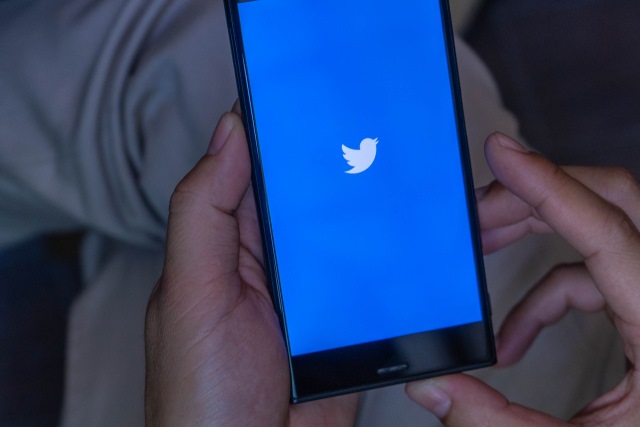
Twitter bans Kaspersky Lab from buying ads
Its software is already banned from US government computers, and now Kaspersky Lab's advertisements have been banned from Twitter. The Russian security firm has been hit with an ad ban for "using a business model that inherently conflicts with acceptable Twitter Ads business practices".
Eugene Kaspersky has responded angrily in an open letter in which the company CEO says that even if Twitter reverses its decision, his company will not advertise on the platform, opting instead to donate the money to the Electronic Frontier Foundation (EFF) to fund the fight against online censorship.
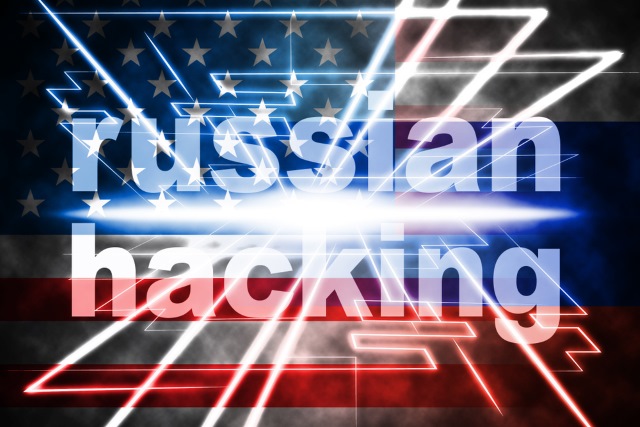
US and UK issue joint warning about Russian hacking of routers and ISPs
Global fears about cyberattacks by Russia are not calming down, and the US and UK have just issued a joint alert warning of state-sponsored attacks on network infrastructure devices, including residential routers.
The west is accusing Russia of an espionage-driven malicious cyberoffensive, and the Technical Alert -- which comes following a joint effort between the Department of Homeland Security (DHS), the Federal Bureau of Investigation (FBI), and the UK's National Cyber Security Centre (NCSC) -- warns that both governmental and residential hardware is being targeted to "potentially lay a foundation for future offensive operations".
Et tu, Tumblr? Blogging site says it was used by Russia to spread fake news in 2016
When it comes to talk of Russian interference in the 2016 US presidential election that saw Donald Trump catapulted to power, the focus has been very much on Facebook and Twitter. But now the blogging platform Tumblr has held its hand up and revealed that it was used by Russian trolls to disseminate disinformation and propaganda.
Tumblr says that it discovered a number of accounts that were used by Russia's Internet Research Agency (IRA), and that it helped with an investigation and prosecution of numerous individuals.
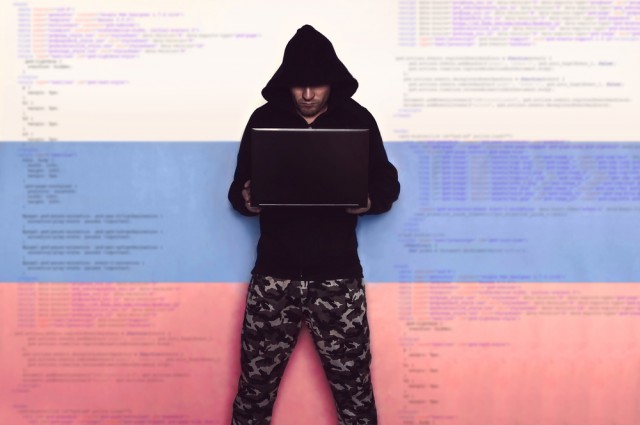
Hacker Guccifer 2.0 seems to accidentally confirm links to Russia
A slip-up by notorious hacker Guccifer 2.0 -- famous for attacking the DNC servers -- appears to have confirmed what has been believed for some time: that the hacker is based in Russia.
It was long-believed that Guccifer had links to Russia, but use of VPNs and other techniques made it difficult to confirm this. Now a single incident when the "lone wolf" apparently forgot to use a VPN shows the hacker using an IP address based in Moscow and linked to Russian intelligence agency -- the GRU.
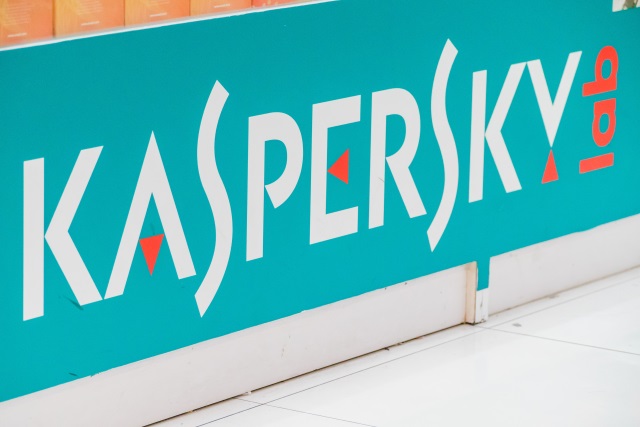
Kaspersky Lab plans Swiss data center to quell fears about Russian connections
The US has repeatedly voiced concerns about Kaspersky Labs, expressing distrust of the Russian company. So concerned is the Trump administration about possible ties to the Russian government, that Kaspersky software is banned from official computers.
This is clearly something that the company is not happy with, and it has already launched a lawsuit against the US government. In a bid to silence those who say that data is being fed to the Kremlin, Kaspersky is planning to open a data center in Switzerland.
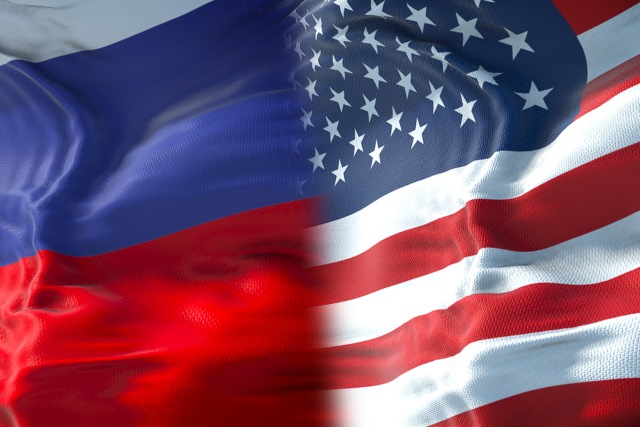
US says Russia launched a cyberattack on its energy grid
The US has introduced new sanctions against Russia after accusing the country not only of interfering in the 2016 election, but also launching a cyberattack on its energy grid.
Officials say that malware traced back to Moscow had been found to have infected operating systems on computers belonging to companies in the energy sector. The Department of Homeland Security is in no doubt that the Russian government is responsible.
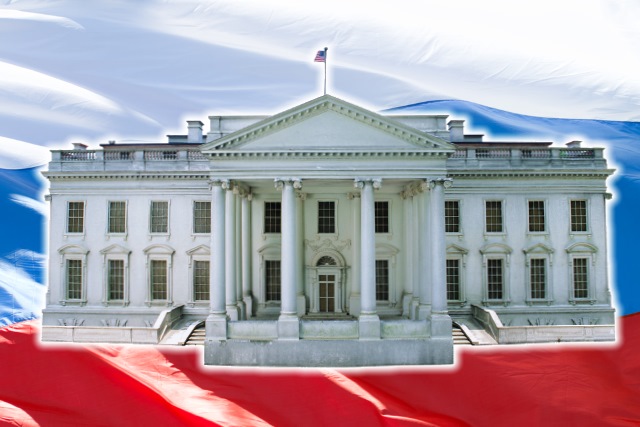
White House joins UK government in blaming Russia for NotPetya
The US government has joined the government of the UK in pointing the finger of blame at Russia for the NotPetya cyberattacks. The ransomware/destructoware hit computers around the world last June.
After speculation that the attack was a state-sponsored one carried out by Russia, this position has now been confirmed as the White House accused the nation of the "reckless and indiscriminate." At the same time, the UK's National Cyber Security Centre said that the Russian military was "almost certainly" responsible for the attack.
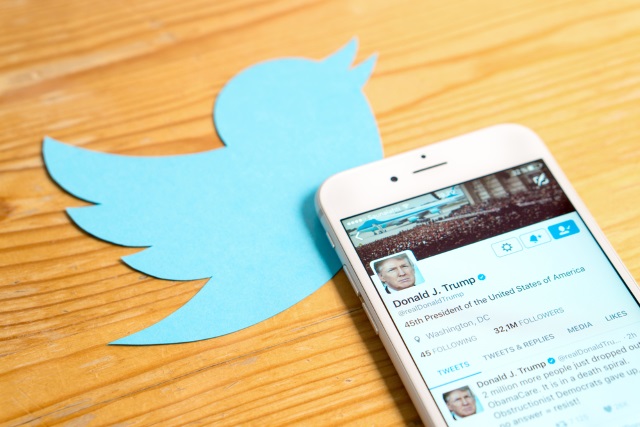
Trump was almost ten times more popular with Russian Twitter bots than Clinton
In the run-up to the 2016 US election, Russian bots shared Donald Trump's tweets 470,000 times -- nearly ten times those of Hillary Clinton.
The figures come courtesy of Twitter, who shared the data with Congress for a review into Russian influence on the election. In the period September 1 to November 15, 2016, Russian bots accounted for more than four percent of Trump's retweets.
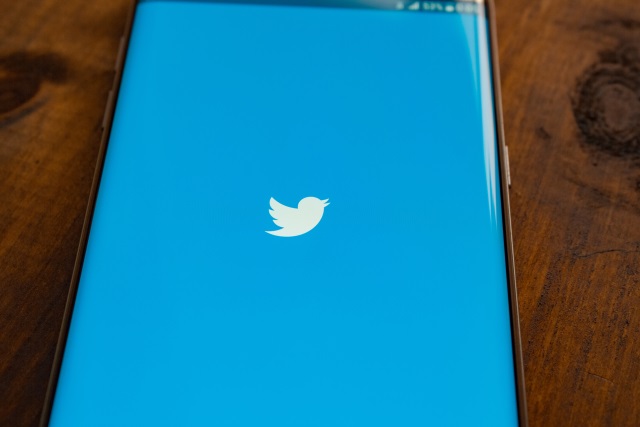
Twitter admits that 670,000 people interacted with Russian propaganda bots during US election
Twitter has revealed that a total of 677,775 Americans followed accounts or liked tweets associated with Russian propaganda groups during the 2016 US election. The company does not reveal how many people saw the tweets posted by these accounts.
That Russia tried to use Twitter -- and other social networks -- to influence the outcome of the US election is hardly news, but there has been an ongoing investigation trying to determine the scale of the operation. In its latest announcement, Twitter also says that it closed 50,258 accounts with links to Russia.

Kaspersky sues Trump administration over government software ban
US concerns about links between Kaspersky Labs and the Russian government led to a ban on the security software being used on US government computers. The ban was only recently signed into law by Donald Trump, and now Kaspersky has filed a lawsuit against the Department of Homeland Security in response.
Kaspersky Labs is asking a federal court to overturn Trump's ban. The Moscow-based company maintains that it does not have links to the Kremlin, and has published an open letter saying that it had not been afforded "adequate due process" and that the US government's decision was based on flawed information.

Trump signs bill banning Kaspersky software
The distrust -- at least publicly -- that the US shows for Russia is well-known. Following concerns about potential espionage from the Kremlin, the government has banned the use of Kaspersky software on its systems.
This ban has now been cemented into law as President Trump signed a bill forbidding the use of Kaspersky Lab software on government computers.

UK government turns against Russian software
There have been concerns about Russian security firm Kaspersky in the US for some time, and now these fears have spread across the Atlantic to the UK. The director of the UK National Cyber Security Centre (NCSC) has issued a warning that no Russian-made security software should be used on systems that could represent a national security threat if accessed by the Russian government.
Ciaran Martin's warning comes after the US government banned the use of Kaspersky software on its computer systems, but the UK security director says that talks are underway with Kaspersky Lab with a view to setting up a review process for its software.
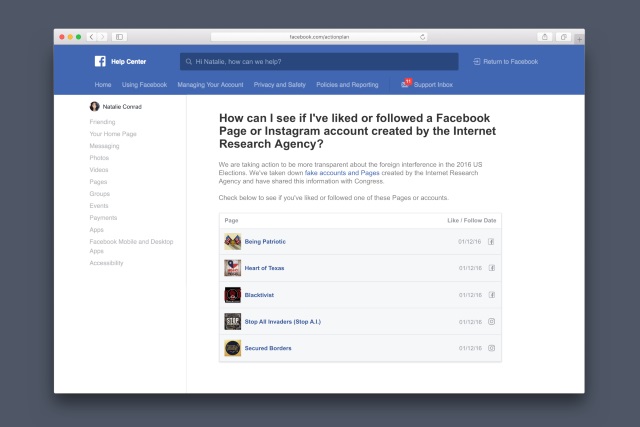
Facebook is developing a tool to let users know if they interacted with Russian troll accounts
Russia's use of Facebook and other social media to try to influence the outcome of elections around the world has been the subject of investigation for some time now. Millions of Facebook users were exposed to divisive ads placed by Russia, and the social networking site is doing what it can to be transparent about what happened.
Having admitted that Russia bought ads on the site, Facebook is now developing a tool that will enable users to determine if they interacted with the Internet Research Agency -- the propaganda company also known as the Trolls from Olgino.
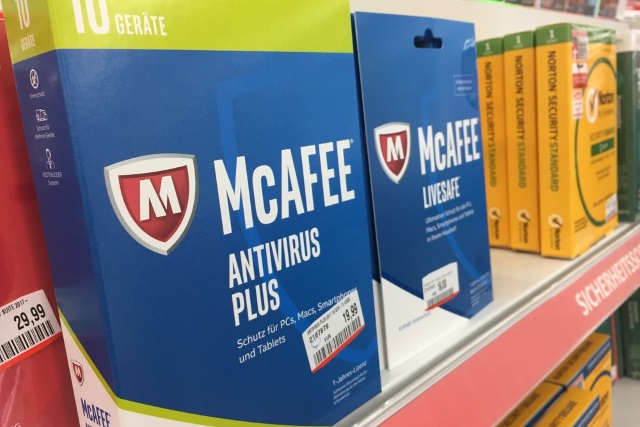
McAfee will no longer let foreign governments see its source code
Just as Kaspersky says that it will open up its source code in the name of transparency, so McAfee has indicated something of a step in the other direction. The security software manufacturer has announced that it is no longer going to allow foreign governments to scrutinize its code.
The practice was originally introduced to help convince other countries -- particularly Russia -- that its software did not include backdoors that could be used for espionage. But there have been concerns that opening up source code to examination could also give foreign powers the ability to detect and abuse vulnerabilities.
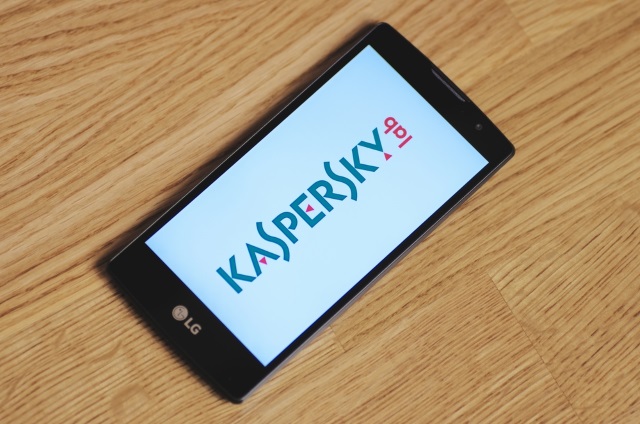
Kaspersky says it accidentally obtained secret NSA files from a US computer
Earlier in the month, news emerged that Kaspersky software had been used by Russian hackers to identify and steal sensitive NSA files from a US computer. Following the revelation, Kaspersky Lab started an investigation, and now the company has published its findings.
Kaspersky concedes that its software had indeed identified classified NSA data -- specifically a hacking tool -- but says that it was unintentional. The unearthed source code was attributed to the Equation Group, and company head Eugene Kaspersky ordered the code be destroyed when the matter was reported to him.
